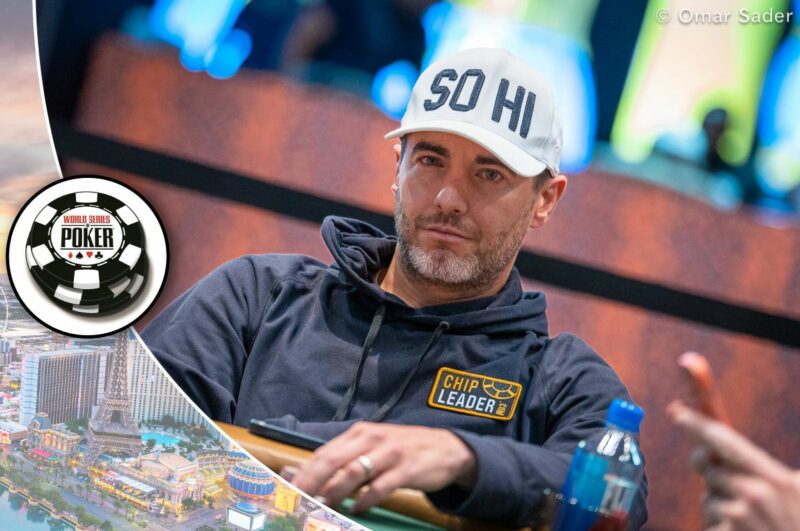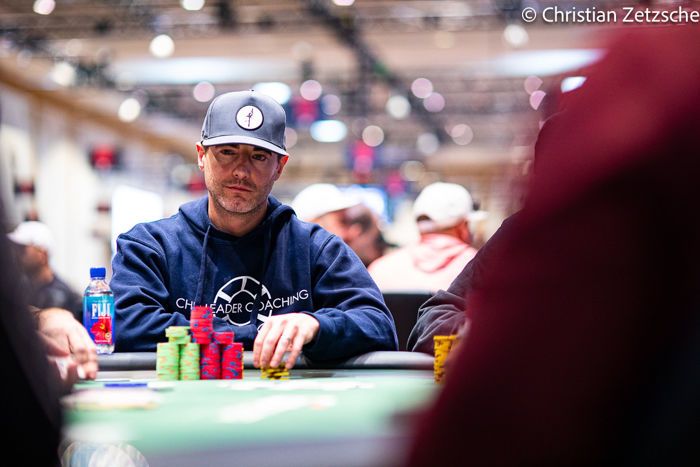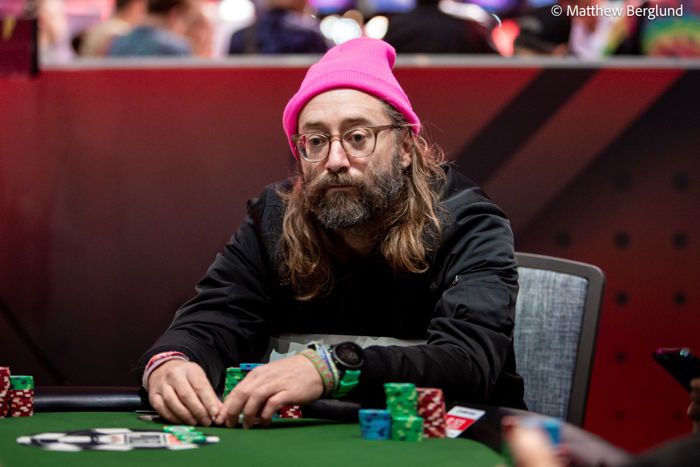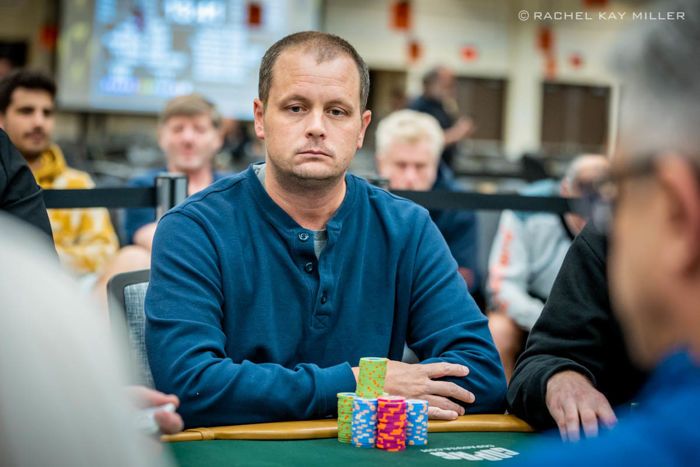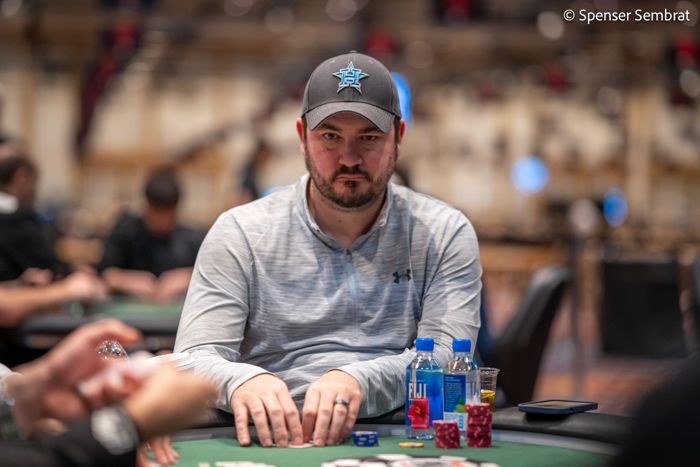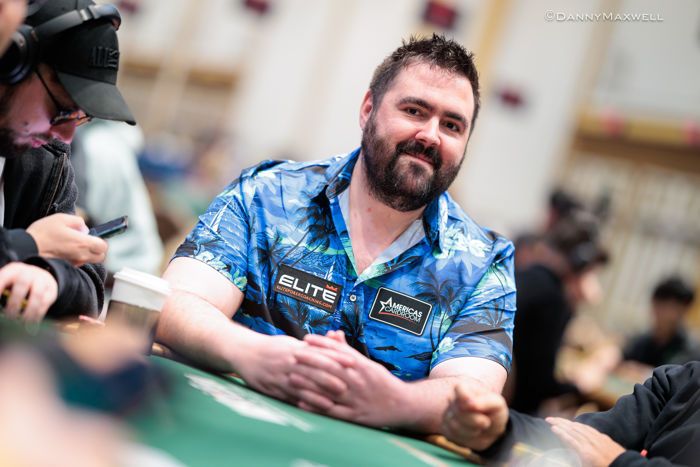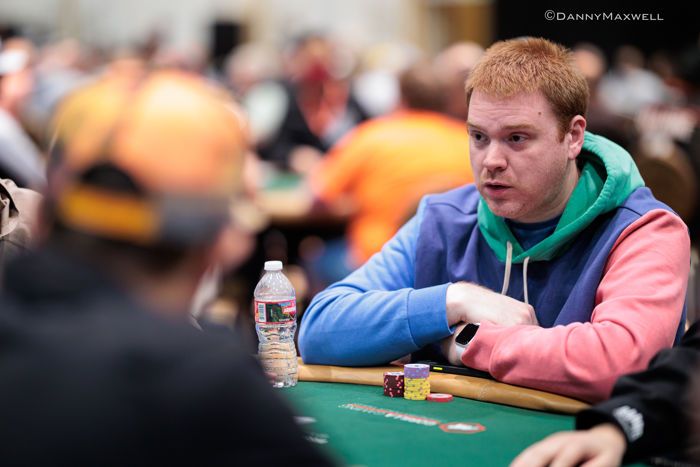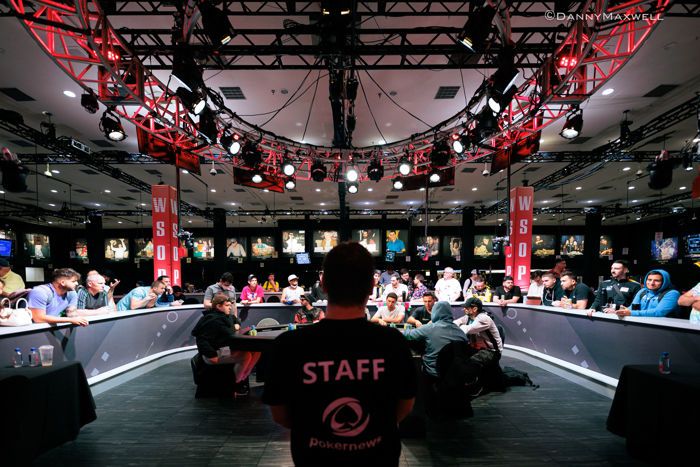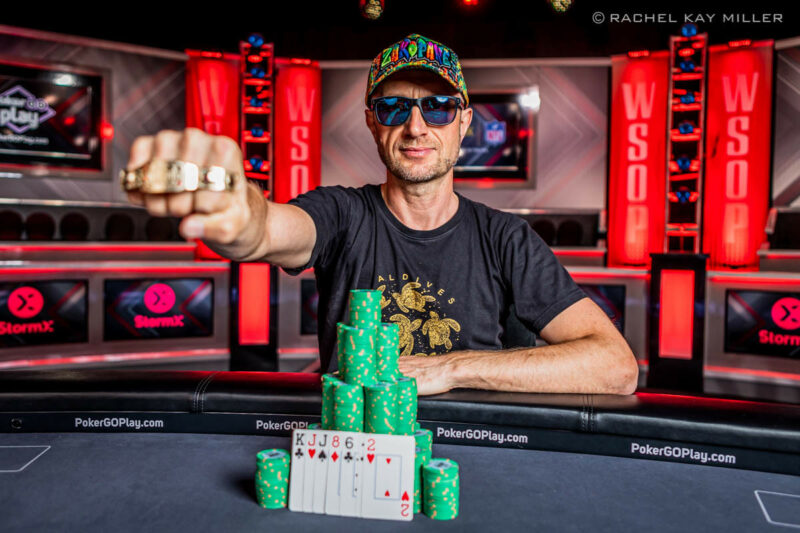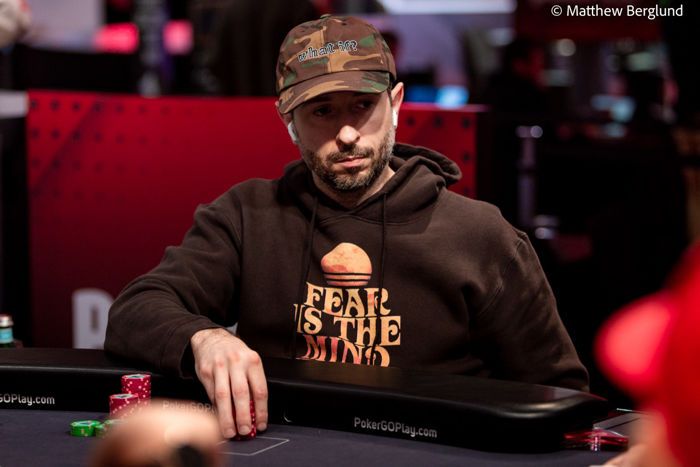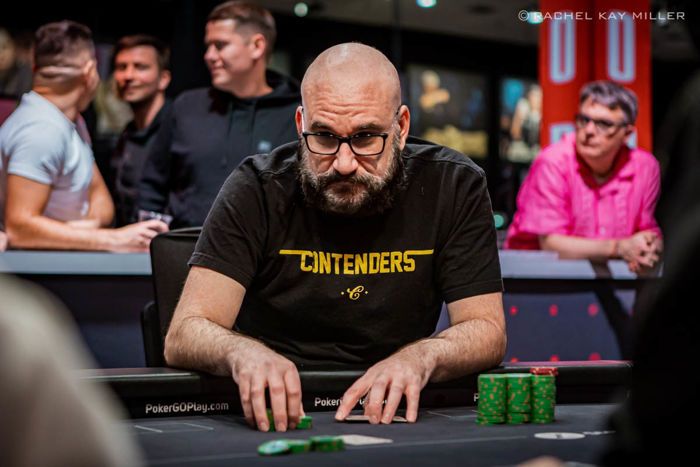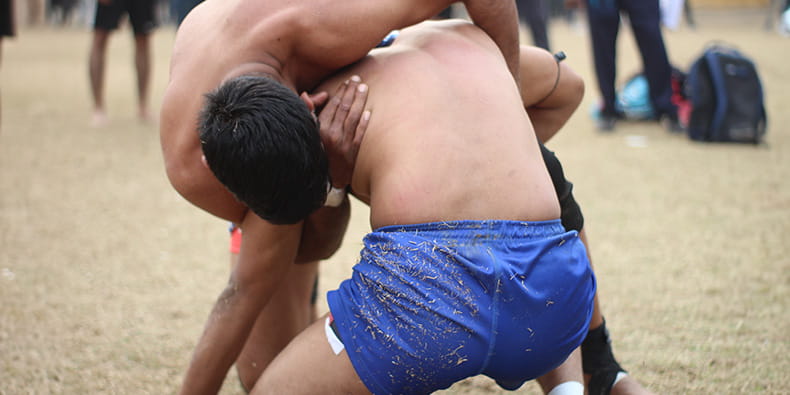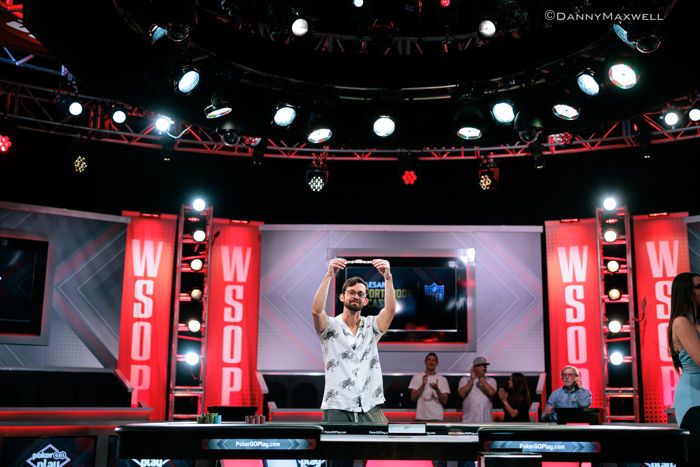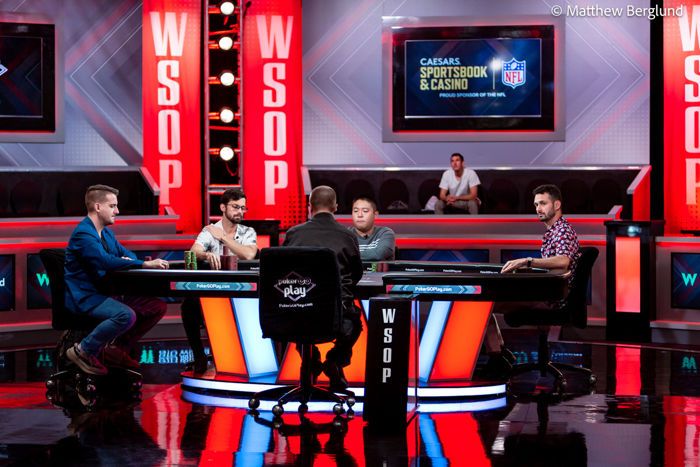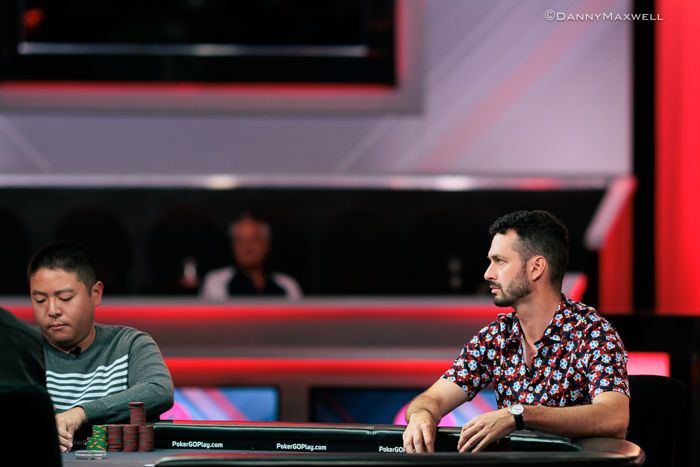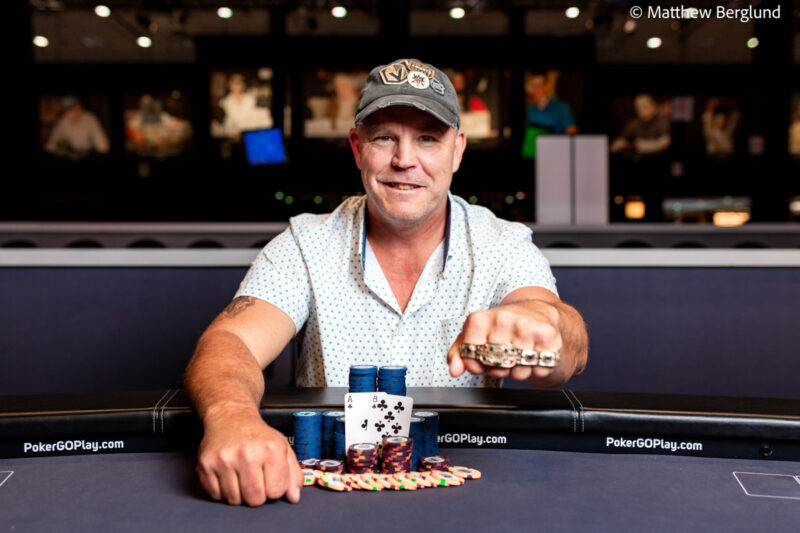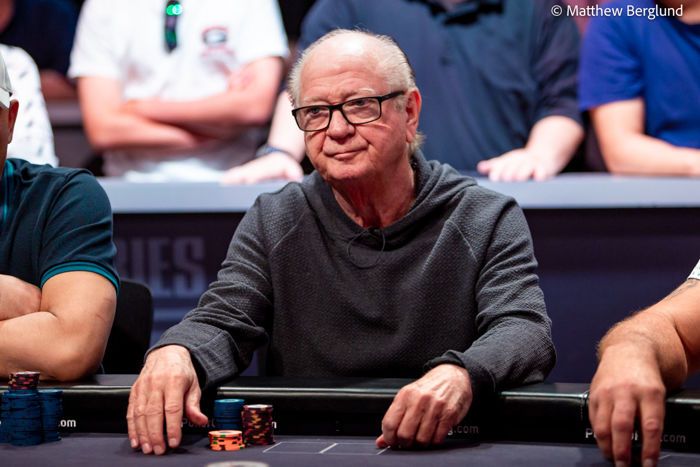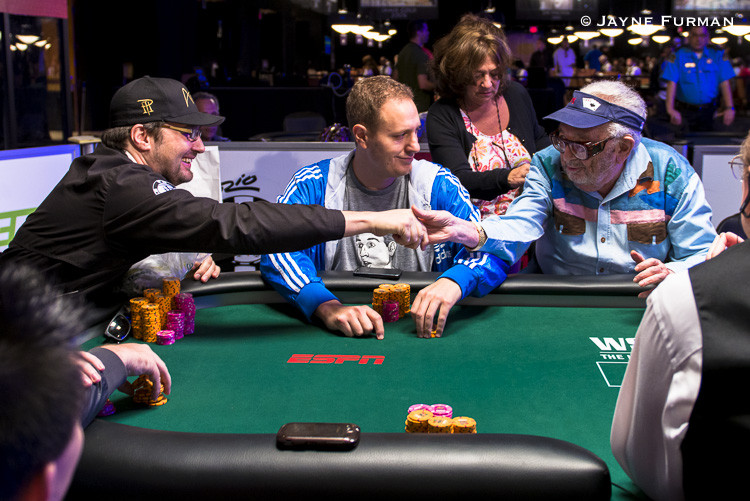
Some things are so baked into the manners of poker that it can seem hardly worth writing them down. Like the manners and customs of a foreign country, these are things that often seem obvious to anyone immersed in the culture. However, they often seem alien and easy to violate accidentally.
For newcomers to the game (and even, on occasion, oldcomers) these unwritten rules can get you in trouble. So here we’ve written down ten of them to help you avoid having to learn these unwritten rules of poker the hard way.
1. Do Not Angle Shoot
Angle shooting is a term for any number of tricky behaviors that don’t violate the exact word of the poker rulebook but do violate its spirit or take advantage of ambiguities within it.
An example of angle shooting might include positioning your larger chips where they can’t be seen by other players. Another is announcing a raise as “four” and waiting for a reaction from another player before deciding if you meant “four hundred” or “four thousand.”
From time to time, the rules of poker are updated, putting these unwritten violations into ink. For example, the “forward motion” rule exists in many poker rooms, making explicit a ban on the form of angle shooting where players would push chips forward (but not fully into the middle) to get a reaction from the other players left to act.
2. Always Respect the Dealer and Other Players
This one should be obvious. Poker is a game, it is meant to be fun and losing is no excuse for forgetting one’s manners. Treat the other players with respect and if you are the kind of person who treats service staff badly, then stick to home games. The dealer’s job is to keep the game running smoothly and to collect the rake.
If a player or dealer makes a mistake or behaves poorly, you still need to behave with respect. If things look like they might escalate, disengage and talk to the floor.

3. Don’t Waste Other People’s Time
Some decisions take time, and if you’re new to the game, you might need a minute to figure things out as you go. That is no problem. However, your goal should be to act as quickly as is reasonable.
For simple pre-flop situations and small flop bets, you should already know what you’re going to do when the action reaches you. Do it. Move on. Don’t hold the game up.
4. Calling The Clock Too Soon
On the other hand, don’t be too quick to call the clock. Especially if a player is new or hasn’t spent much time in the tank this session. For most players a few long decisions per session are inevitable and players should be allowed to take their time within reason.
Reserve the clock for players who have repeatedly tanked or who seem to be using the clock to game the system (as in the run-up pay jumps in tournaments).
As well as being good etiquette, it’s also a good way to avoid players calling the clock on you out of spite.
Check Our Review of WPT Global’s Software and Bonuses
5. Avoid Slow Rolling
Slow rolling is when you make a player think they’ve won, taking your time before turning over the actual winning hand. It makes losing feel worse and can put players on tilt. Plus, referring back to Unwritten Rule #3, it wastes other players’ time.
Slow rolling can be great for building tension in a movie scene and on rare occasions it can be hilarious in real life. But if you think you’re having one of those occasions, take some advice: you’re not
Don’t do it. It is always mean-spirited and makes the game less fun for your opponents.
6. Pay Attention To The Action and Stay Focused on the Game
This can be thought of as another appendix to Unwritten Rule #3. If you’re not paying attention to the game, you slow everything down. It wastes other players’ time and outsources your job of tracking the action to other players or the dealer. Pay attention. If you can’t use your phone or chat with players without losing track of when it’s your turn to act, then switch the phone off and cut the jibber-jabber.
As well as being polite, you’ll also find your game is a lot better if you are tuned into the action at your table.
7. Don’t act out of turn
The play of a poker hand moves clockwise from the dealer. This results in a key information asymmetry that is a major part of any decent player’s poker strategy. When you announce your move before your turn, you disadvantage yourself by giving away some of your information advantage.
More importantly, from a rules point of view, you can also hugely change the way a hand plays out because your opponents will adjust their strategy to account for your upcoming move.
8. Keep Your Hand To Yourself Until All The Action Is Complete
If there are still players in a hand, then don’t show anyone your cards. It can be tempting to have a friend play along with a live hand or to show off a good laydown after folding. But don’t.
Your hole cards (live or dead) affect the possible ranges of every player left in the hand. Wait until the pot has been definitively won before revealing anything about your cards.
PokerNews Freerolls Every Weekend on WPT Global
9. Never Give or Ask for Advice During a Hand
This one is actually often written down as “one player per hand,” but players will often still try to get away with it. If a hand is still in play, keep your thought processes and strategic considerations to yourself. You should never give or solicit advice during the action. This is mostly to ensure the fairness of everyone playing their own hand with their own abilities. However, it also reduces the ability of players to collude, and so is important to game integrity too.
Once a hand is complete, it’s fair game to go over it. However, even then, players might be a bit upset if you give away someone’s tell or plug a recreational player’s biggest leaks.
10. Save Your Bad Beat Stories For The Bar
No one wants to hear your bad beat story. We’ve all got our own to tell. While you’re at the table, no matter how rough your luck, you have until the next hand is dealt to get over the current one.
Keep your emotions in check. If a beat has you steaming, take a break. This makes the game more comfortable for everyone else and reduces the chances of you doing off your entire bankroll in a fit of tilt.
You can always whinge to your friends at the bar afterward. They won’t listen to you with any more attention or sympathy, but at least you’re not ruining the game for another player.
Did You Know the World Poker Tour is Online?
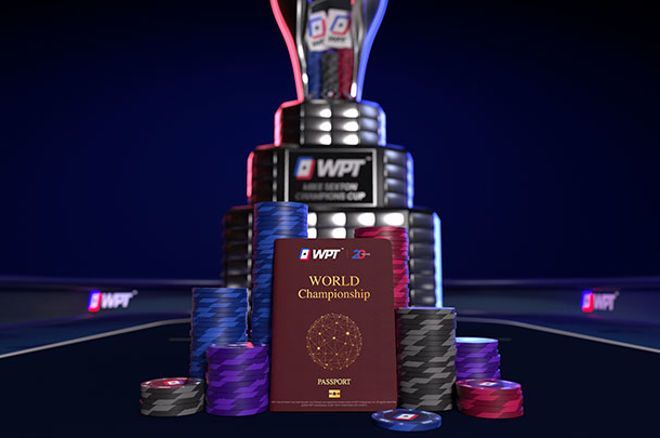
The launch of WPT Global means that poker players around the world now have the chance to win their way to WPT events, win prizes and enjoy exciting games such as Poker Flips. As one of the world’s largest cash game poker networks, WPT Global is available in over 50 countries and territories around the world.
WPT Global offers a large deposit match bonus: 100% on deposits up to $1,200 (using any payment method). New players depositing a minimum of $20 automatically receive this match bonus which is unlocked in $2.50 increments (credited straight to the cashier) for every $10 of rake contribution.
Both tournaments and cash games count towards bonus unlocking; new players have 90 days from the date of first deposit to unlock and claim their full bonus amount.
In addition to the bonus, you also receive some free tournament tickets depending on the size of your deposit. Check out the table below for more details:
| Players | Deposit No. | Min Deposit | Reward | Total Rewards |
|---|---|---|---|---|
| New only | 1st | $20 | $11 Mini Slam ticket | $11 Mini Slam ticket |
| New and Existing | 2nd | $20 | $11 Mini Slam ticket | 2x $11 Mini Slam tickets |
| New and Existing | Deposit of $300+ | $300 | $110 Sunday Slam ticket | $11 Mini Slam and $110 Sunday Slam ticket |
| New and Existing | Deposit of $1,200+ | $1,200 | 2x $110 Sunday Slam tickets | $11 Mini Slam and 3x $110 Sunday Slam tickets |
